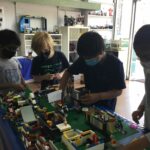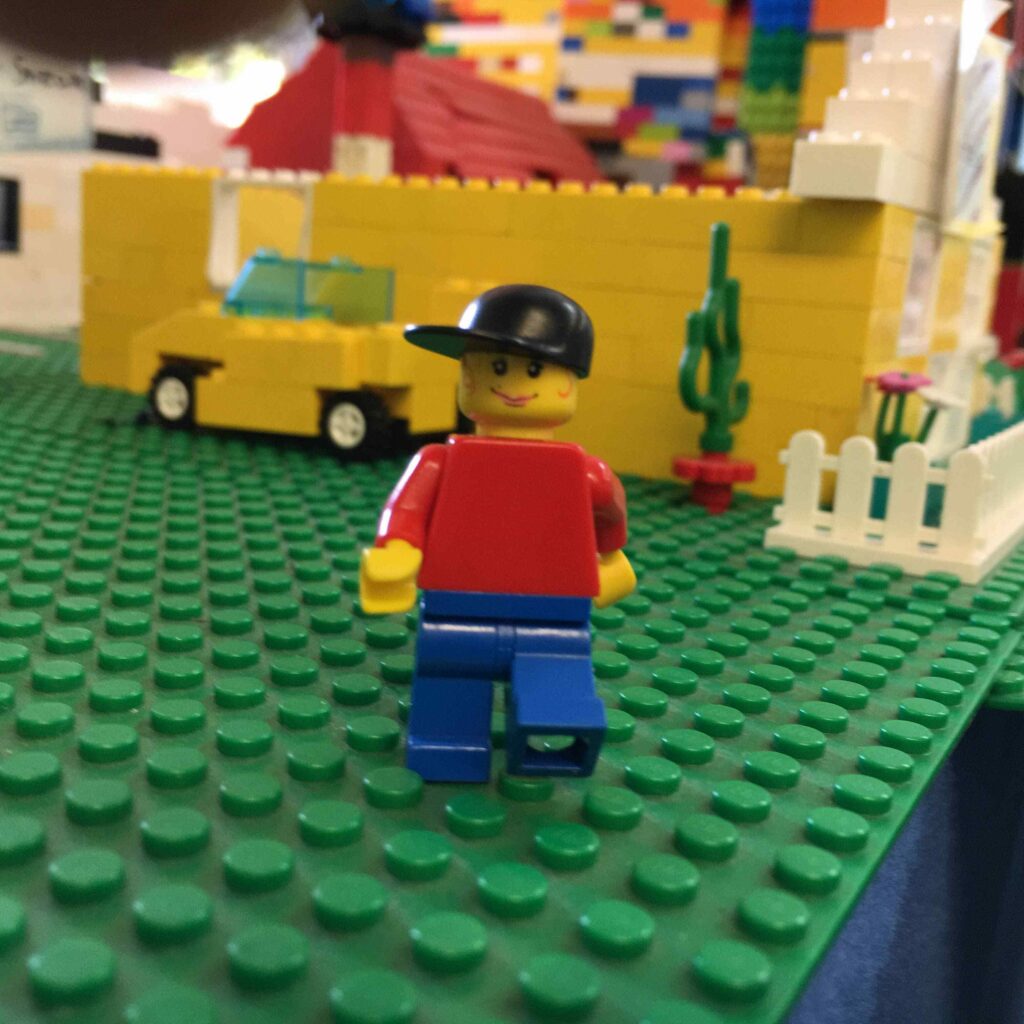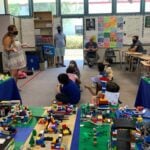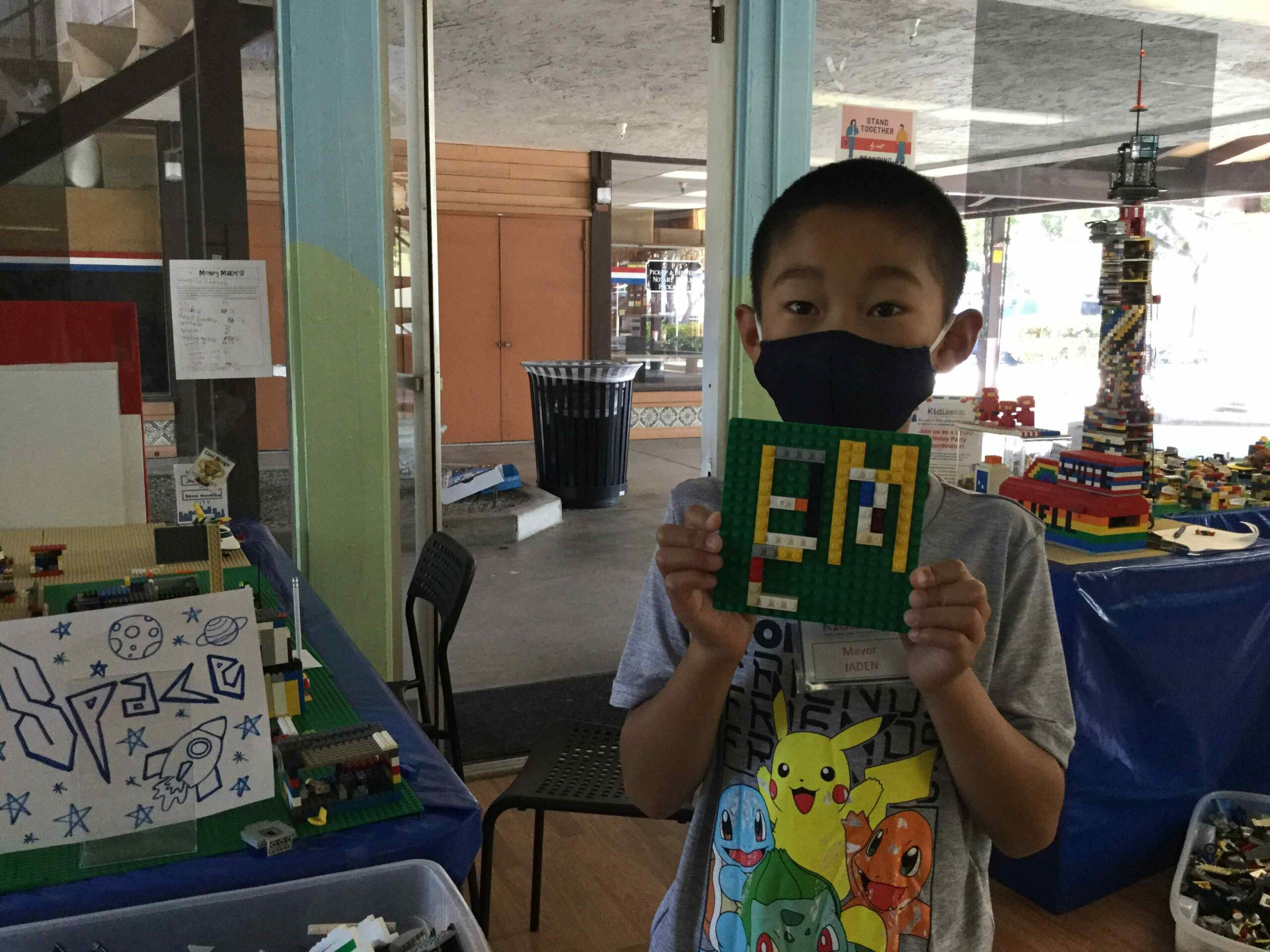Program Philosophy
Our Child-Centered Holistic and Experiential Learning Philosophy

Planning and Designing a City
Through an experiential journey, the kidizens discover that the decisions of their government can have an effect on their lives. Their own decisions will place demands on the city infrastructure and policies. A car dealer would certainly want the city to build decent roads while a restaurant owner might need it to do something about water and electricity. Everyone will need the garbage collected.

Learning Money Management
Kidizens have to deal with the city budget as well as learn how to manage their personal finances. They may launch and run a business of their own. It is on this pursuit that they are exposed to many economic concepts like budgets, loans, profits and overhead, as our new entrepreneurs use their ingenuity to draw up business plans.

Running the Government
All of the kidizens in the city serve on a city council which meets during each class. They learn how to propose laws, offer amendments and debate from the floor of our city council chamber. They learn to make their voices heard and exercise the fundamental right of ‘voting’ to weigh in on important decisions.
As the council makes decisions on what is most important to build first, it will also have to tackle some tough political questions. The council will also have to weigh the importance of competing interests. For instance, is the convenience and safety of new roads more critical than the construction of a hospital?

Electing Officials
Each city will be learning about intricate issues in a democracy through its own city elections, while considering many burning issues prevailing in the city at the time. All of the candidates will be considering the campaign issues, stating their opinions and creating platforms to appeal to voters.
The Teachers' Role
A Kidizens teacher guides our kidizens throughout their city-building porcess and empowers them with critical thinking, creative confidence and problem-solving skills. The teacher helps our young city planners and inhabitants as they learn, hands-on, experientially about how societies function, form and evolve. The kidizens experience a fun, interactive, and experiential role as a member of an imagined community they engineer and run.
Teachers have a number of roles in Kidizens, but they are never the decision-makers in the kidizens’ decision-making process in most council meetings. Rather, teachers act as neutral and non-voting members of each city and its citizen. The teacher acting as a ‘facilitator’ will guide discussions, provide perspective and background and teach mini-lessons on the subjects at hand…but it is never their job to interfere. This is a city run by and for the kidizens.

Have A Question About One Of Our Programs?
Want To Join Our Team? Contact Us Today at [email protected]
